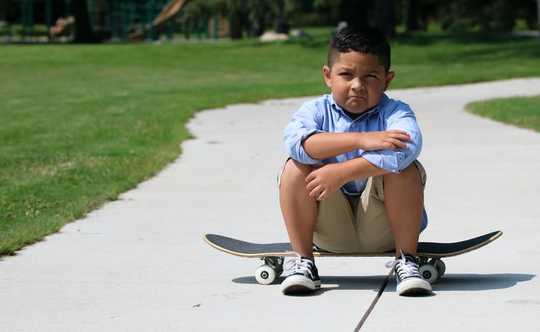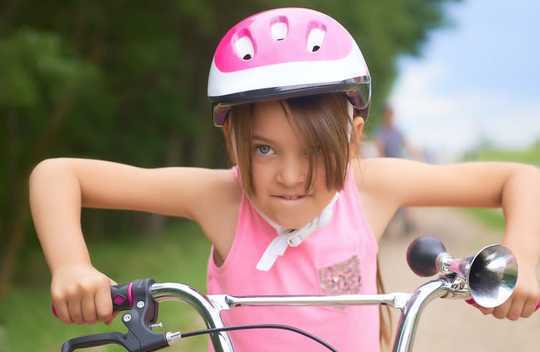
The recently released 2020 ParticipACTION Report Card revealed that Canadian children scored a D+ for “daily physical activity,” an F for “active play” and a D- for “active transportation.”
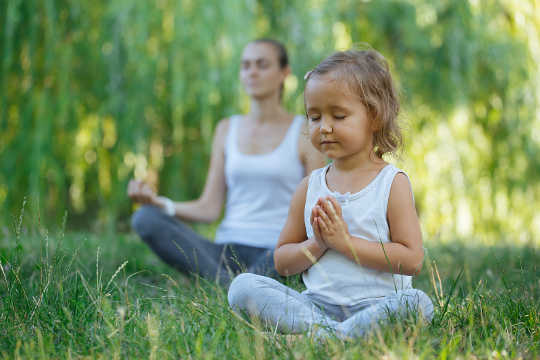
The most important job a person can have is to teach another. Educators have a great responsibility toward those they teach, because everything they do and say has a lifelong impact upon their students. For this reason, it is very important that the children and youth be empowered by allowing them to make their own decisions...
- By Mandie Shean
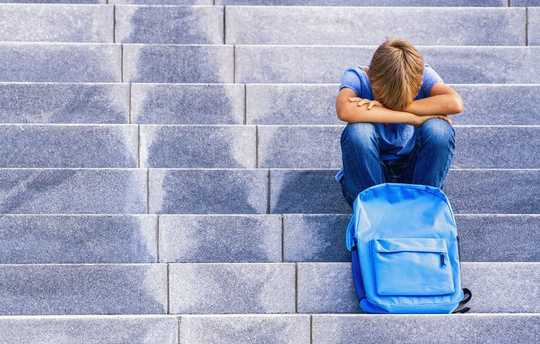
As COVID-19 lockdown measures are lifted, some children may experience social anxiety about the prospect of returning to school.
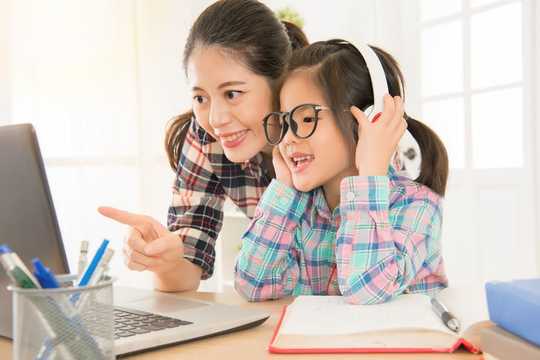
During the coronavirus pandemic, have your kids been using headphones more than usual? Maybe for remote schooling, video chats with relatives, or for their favourite music and Netflix shows?

Bonding gives an intuitive, extrasensory kind of relationship between mother and child. Bonding is a felt process, not available to discursive thought, language, or intellect. It is a communion that bypasses our ordinary reasoning mind. The mother senses the infant's need to evacuate the same way she recognizes her own bodily needs, but the communion of bonding goes beyond just physical processes.
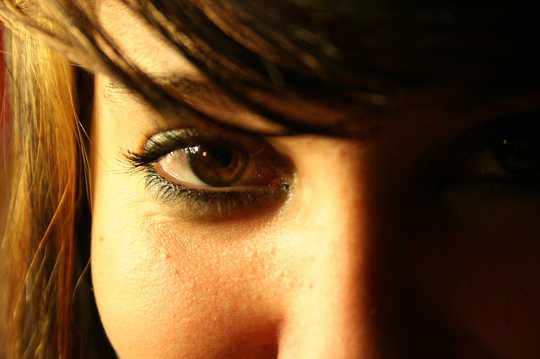
There are many parents who would never imagine that their child doesn't have the nerve to talk with them. When I first created my school programs more than twenty years ago, I was amazed at how many thousands of children told me they felt this way and hadn't let their parents know. How close do you think your child feels to you?
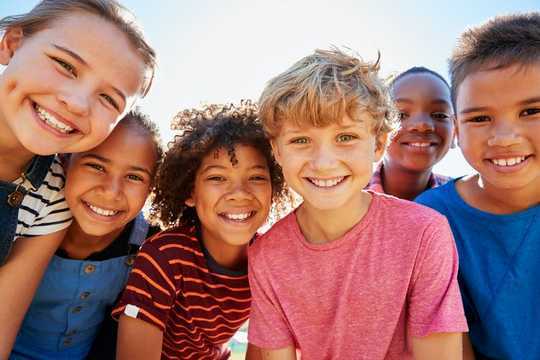
As we start to think about rebuilding our lives in the midst of an ongoing pandemic, we need to be clearer than ever about what kind of Australia we want to live in, what counts as progress, and how we measure how well we’re succeeding.
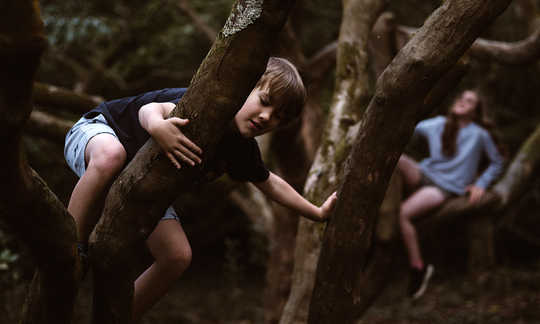
Some people are lucky enough to look back at their childhood with affection for a time in life without much stress and anxiety.
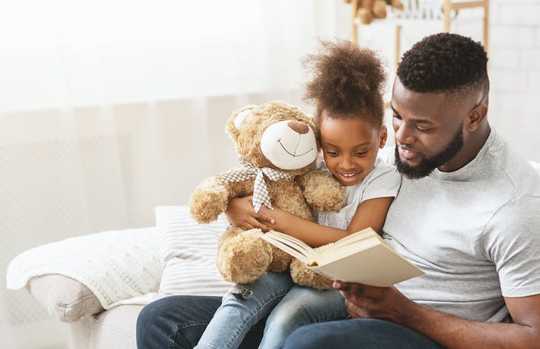
In many countries schools remain closed and the dinner table now serves as the school desk.
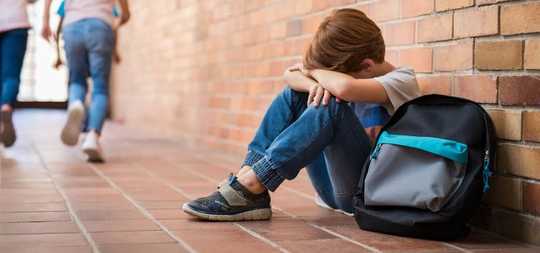
There is much uncertainty bubbling up around the Québec government’s decision to re-open elementary schools May 11 in most regions and in greater Montréal on May 19.
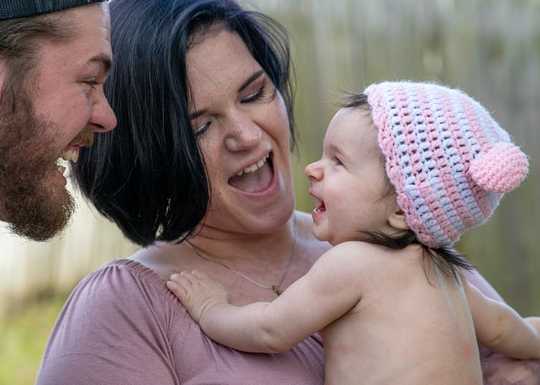
Has anyone ever told you: “Don’t baby talk to your baby?” Parents of young infants often tell us that they have heard this advice from friends, family and even health care professionals.
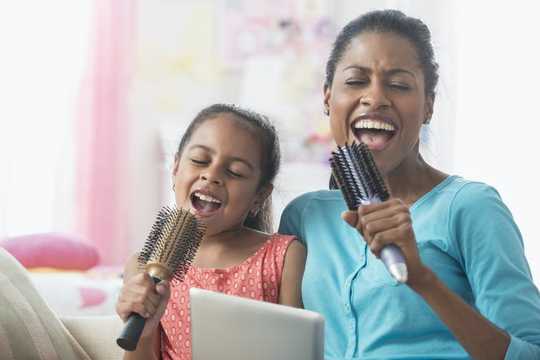
Parenting musically is the way I describe what happens when moms and dads use music for many nonmusical tasks and goals.
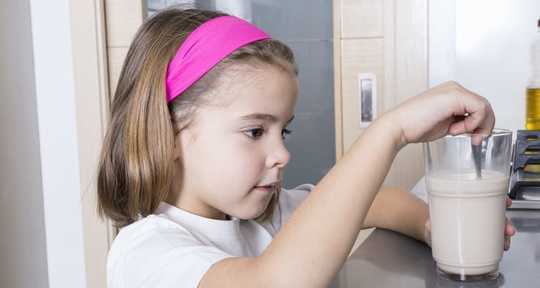
In the COVID-19 pandemic, children are just as concerned as their parents about what is happening. The closure of schools is a huge upset in children’s lives.
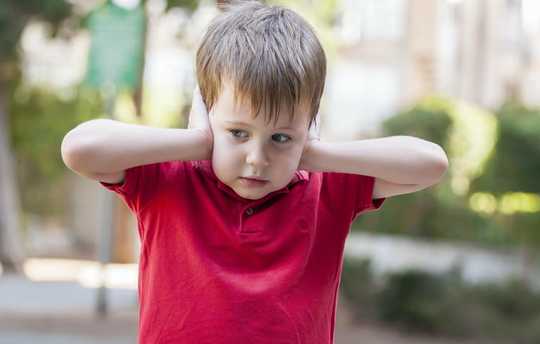
With governments around the world asking their citizens to avoid places, activities and gatherings to save lives, this just might be the largest ever international effort to self-regulate our actions against competing desires and impulses.
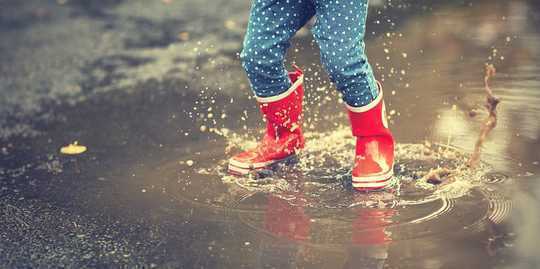
At childcare and preschool, children experience belonging to a community and engage actively with their learning.

With many college students forced to return home due to the COVID-19 pandemic, tensions and arguments are bound to flare up.
- By Mandie Shean
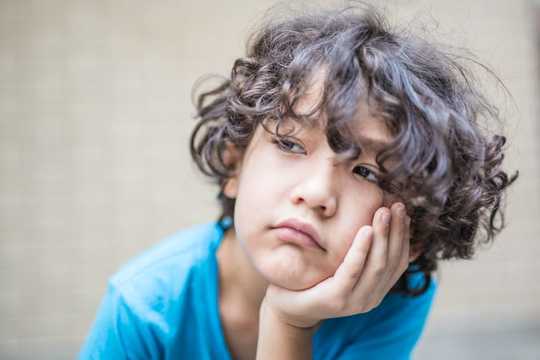
Most children are stuck at home due to the outbreak of COVID-19. They need to find ways to socialise, do their school work, exercise and entertain themselves.
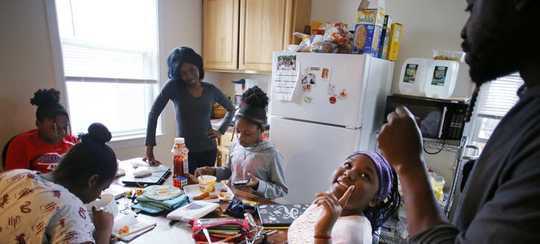
About 55 million U.S. schoolchildren attend schools that have been closed or are being directly affected by the new coronavirus social distancing rules.
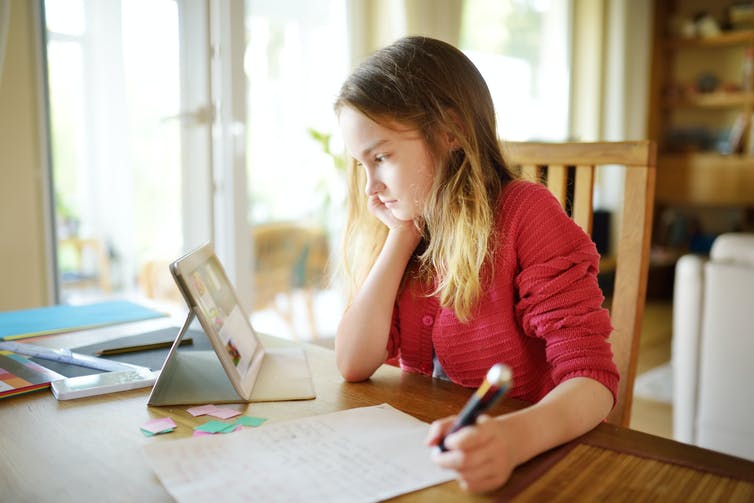
Effective learning is a two-way process between the teacher and students, meaning both need to engage.
- By Ruchi Sinha
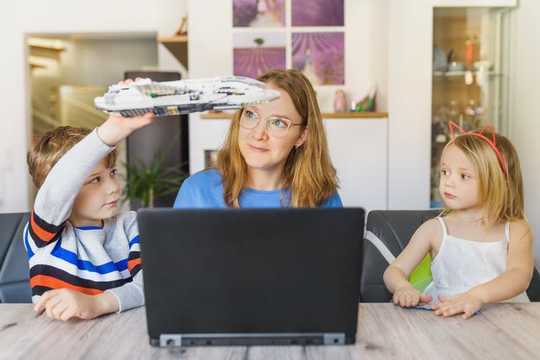
It’s hard enough juggling a job with parenthood when you’ve got young kids. But what do you do when social-distancing policies mean you’ve all been sent home?
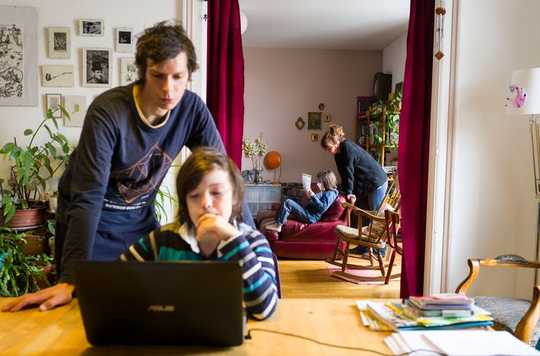
Parents have always helped with homework and made sure their children fulfill responsibilities like chores, but the extended and often unstructured time families are spending together during the current crisis creates new challenges.
- By Ben Deery
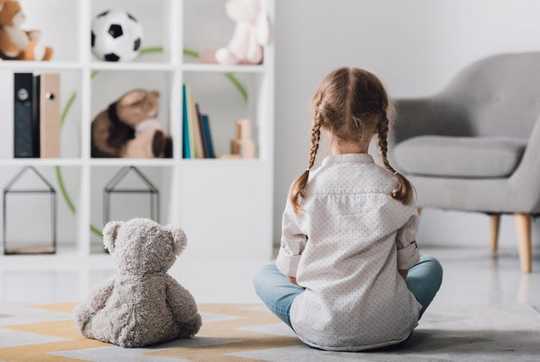
Earlier that day her swimming and basketball lessons were cancelled, a birthday party postponed, and she had to race with me between several meetings before the university campus shut down. “Stupid coronavirus indeed!”

